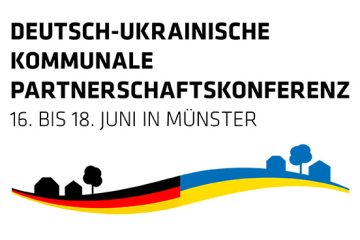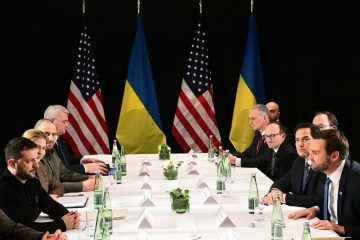Roman Lavrynovych: Pioneering Legal Reforms in Ukraine

Introduction
Roman Lavrynovych has emerged as a significant figure in Ukraine’s ongoing quest for legal reform. As a prominent lawyer and former Minister of Justice, Lavrynovych’s work has garnered attention due to the critical transformations the country is undergoing amid political and social change. His influence is vital for the legal landscape as Ukraine strives for a more transparent and robust judicial system, especially in light of its aspirations towards European integration.
Background and Career
Lavrynovych was born on January 13, 1967, in Ukraine. He graduated from the Kyiv National University of Trade and Economics, where he developed a strong foundation in law and economics. Over the years, he has built a diverse career, which includes serving as the Minister of Justice of Ukraine from 2010 to 2014. During this period, he was involved in several high-profile initiatives aimed at enhancing the efficiency and transparency of the judicial system.
Current Role and Contributions
In recent months, Lavrynovych has been pivotal in advising the government on legal frameworks necessary for compliance with European Union regulations. His insights are crucial as Ukraine seeks to align its legal standards with those of the EU, especially in the areas of anti-corruption, human rights, and the rule of law. His advocacy for judicial independence and reform has made him a respected figure among peers and stakeholders in the legal community.
As an advocate for legal education, Lavrynovych has also worked closely with various non-governmental organisations to promote legal literacy among citizens. This grassroots approach aims to empower ordinary Ukrainians and encourage public participation in the legal process. His initiatives often involve lectures and workshops aimed at demystifying the legal system for the average citizen.
Challenges and the Road Ahead
Despite his contributions, Lavrynovych has faced challenges, particularly with political resistance to judicial reform. The entrenched interests that benefit from the status quo often create obstacles to the operationalisation of new laws and concepts. Nevertheless, Lavrynovych continues to campaign for systemic change, arguing that reforms are essential for Ukraine’s democratic future and international credibility.
Conclusion
Roman Lavrynovych’s role in Ukraine’s legal reforms is significant and multifaceted. As the country seeks to modernise its judicial system and adhere to European standards, Lavrynovych stands at the forefront of this initiative. His expertise and dedication to legal reform not only aim to promote a more just legal framework but also foster a greater respect for human rights and transparency in governance. As Ukraine navigates its path forward, the impact of leaders like Lavrynovych will undoubtedly shape the nation’s legal landscape for generations to come.








